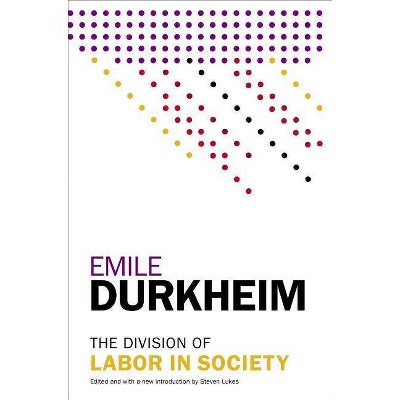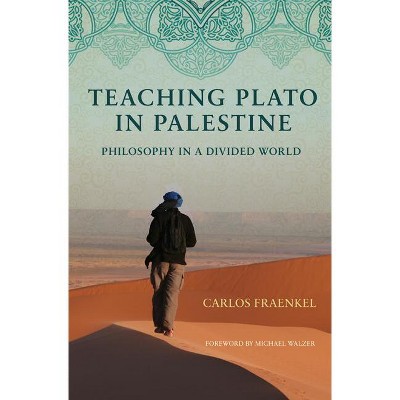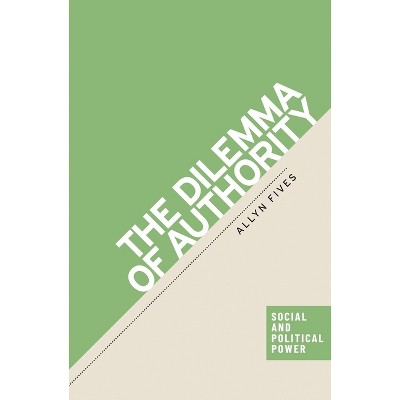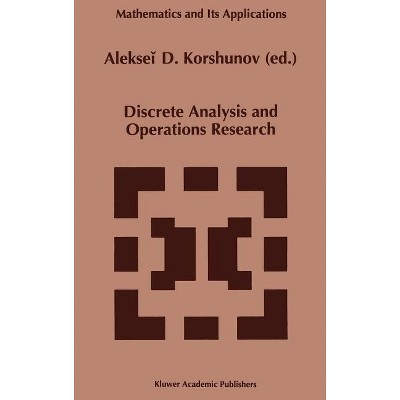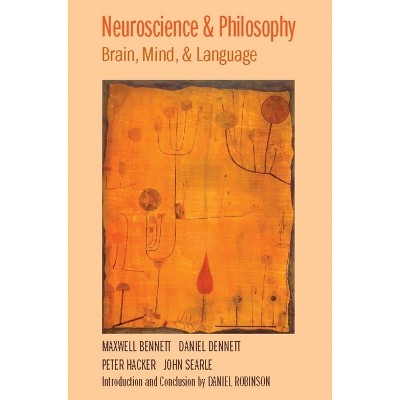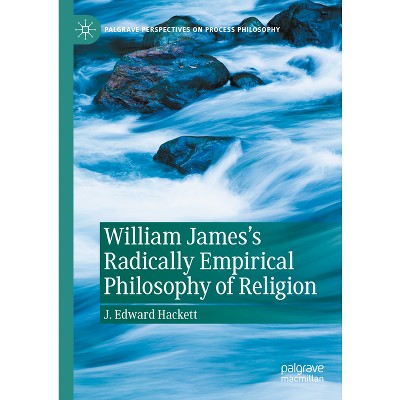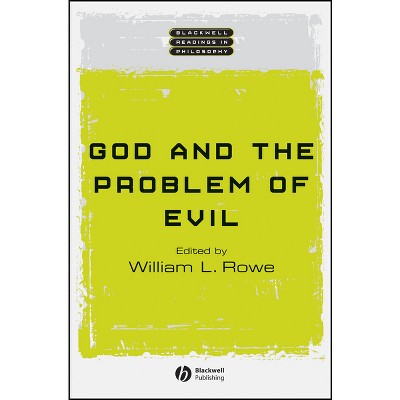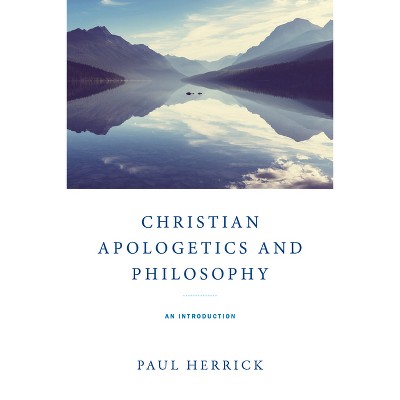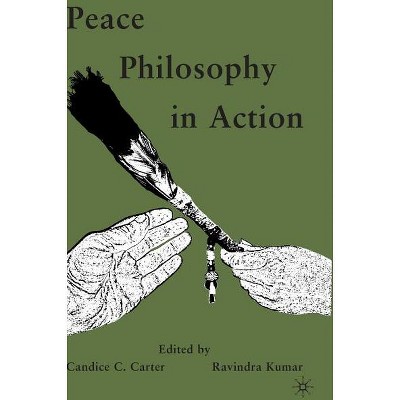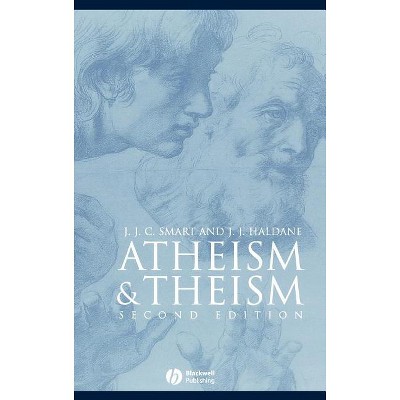Sponsored

Reimagining Peace Through Process Philosophy - by Juliet Bennett (Hardcover)
In Stock
Sponsored
About this item
Highlights
- This book explores the ways in which process philosophers extend and strengthen peace scholars' outlines of a paradigm of/for peace.
- About the Author: Juliet Bennett is a Postdoctoral Research Fellow at the Sydney Centre for Healthy Societies, School of Social and Political Sciences, and Charles Perkins Centre, at The University of Sydney.
- 281 Pages
- Political Science, Peace
Description
Book Synopsis
This book explores the ways in which process philosophers extend and strengthen peace scholars' outlines of a paradigm of/for peace. It then illustrates the value of such a peace paradigm through the example of the climate breakdown, showing how process thinking and process metaphysics intervene at the roots of a global systemic crisis. In doing so, it articulates a new inroad to process philosophy, and illuminates an integrative intervention in the systemic crises of climate change and global inequality.
The "static-process framework" developed in this book makes the philosophy of Alfred North Whitehead and the fields he has inspired easier to grasp, and offers a tool to assist in the application of process thought to a multitude of issues. This framework depicts tensions between two modes of thought--static and process thinking--according to five "basic orientations" abstract/context, closed/open, isolating/relational; passive/generative; one/multi-dimensional. This pattern is mapped across the domains of metaphysics, economics, politics and as the basis for a new mode of living and organising across multiple layers of society.
From the Back Cover
Within process philosophy is a compass that can help us address the most urgent social and environmental issues of our time. However, too few people are aware of process thinking and its potential. Reimagining Peace through Process Philosophy makes the practices, metaphysics and applications of process thought more accessible and easier to apply. It illustrates these through the example of the climate crisis, an urgent peace issue and symptom of a "global systemic crisis". The book argues that systems, cultures and practices guided by narrow-visioned "static thinking" and "static metaphysics" hinder our ability to address many global challenges. For example, ideas about the world as made of separate individuals underpins mainstream economic theories and influences decisions across many scales, fostering a prioritisation of money and profit, over people and their wellbeing. In contrast, process metaphysics expounds a view of the world-in-process, co-created by relational processes in each new moment. This fosters a contextual approach to economics, shifting core assumptions such as self-interested individuals to people-in-communities. Process thinking emphasises a practice of iteratively bringing abstractions into experienced, relational and ever-changing contexts. This book shows how process thinking depolarises left and right political ideologies, subjugates the goal of GDP growth to improving personal and planetary wellbeing, and unites science and religion through a narrative of cosmological, political and community participation. Process thinking offers a way to recalibrate education, economics and politics to peace, connecting systemic interventions with practical steps that can change humanity's trajectory. By bringing people together, strengthening relationships and reviving our sense of personal and collective purpose, this path not only leads to a healthier future, but to a happier present-in-process.
Juliet Bennett is a Postdoctoral Research Fellow at the Sydney Centre for Healthy Societies, School of Social and Political Sciences, and Charles Perkins Centre, at The University of Sydney.
About the Author
Juliet Bennett is a Postdoctoral Research Fellow at the Sydney Centre for Healthy Societies, School of Social and Political Sciences, and Charles Perkins Centre, at The University of Sydney.
